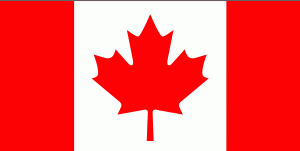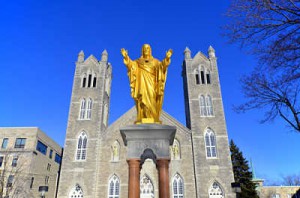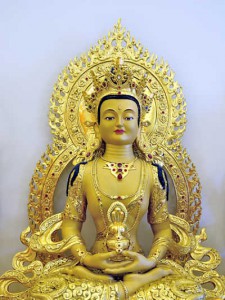Religious Culture in Canada
 Despite the fact that the preamble to the Canadian Charter of Rights and Freedoms makes reference to God, Canada itself has no official religion. In fact, Canada is well-known for it’s defence of freedom of worship. Although the majority of Canadians proclaim themselves as Christian, there are many faiths active in Canada.
Despite the fact that the preamble to the Canadian Charter of Rights and Freedoms makes reference to God, Canada itself has no official religion. In fact, Canada is well-known for it’s defence of freedom of worship. Although the majority of Canadians proclaim themselves as Christian, there are many faiths active in Canada.
Atheists or the Irreligious
Recent survey results have shown that approximately 16 percent of Canadians consider themselves to be atheists and follow no faith. Even among believers, however, it has been shown that irreligion is on the rise with many Canadians continuing to believe in a god, but considering religion itself to be unimportant.
 Christianity
Christianity
The majority of Canadians identify themselves as Christians, and the faith has had a strong influence on Canadian culture. This is especially true in areas such as Quebec which is more heavily influenced by Roman Catholicism.
Islam
Followers of Islam make up just under 2% of the Canadian population on average, though that percentage is higher in some territories such Ontario. Today there are an estimated 800,000 Muslims in Canada.
Judaism
The Jewish community has been a part of Canadian culture almost as long as the country has existed and saw a great amount of growth during the 1800s due to anti-Semetism in Russia. Today, the Canadian Jewish community is the sixth largest worldwide, and followers of Judaism make up just over 1 percent of the Canadian population.
Hinduism
There are approximately 297,000 Hindus in the nation, though some estimates have placed that number at around 375,000. It is thought that Hindus are just under 1.2 percent of the population. Most Hindus in Canada live in the Provinces of Quebec, British Columbia and Ontario.
Buddhism
Buddhists make up approximately 1 percent of the Canadian population, but the Buddhist population has been growing quite rapidly in recent years. The arrival of Buddhism in the country can be traced back to immigration by the Japanese during the late 19th century, and the Japanese Jodo Shinshu branch of Buddhism is the most established and largest Buddhist organization in the country.
Other Religions
There are followers of many other faiths in the Canadian provinces, though their numbers are generally small. This includes Wiccans, Sikhs, Univeralists and Neo-Druids among other groups. It is estimated that approximately 122,000 Canadians follow these faiths, making up only approximately 0.4 percent of the Canadian population.
Holy Days
Christmas and Easter are recognized as national holidays and many people celebrate those holidays. Other religious groups, such as Jews and Muslims, are allowed to take off of work on their holy days, however these holy days are not officially recognized by the government.

